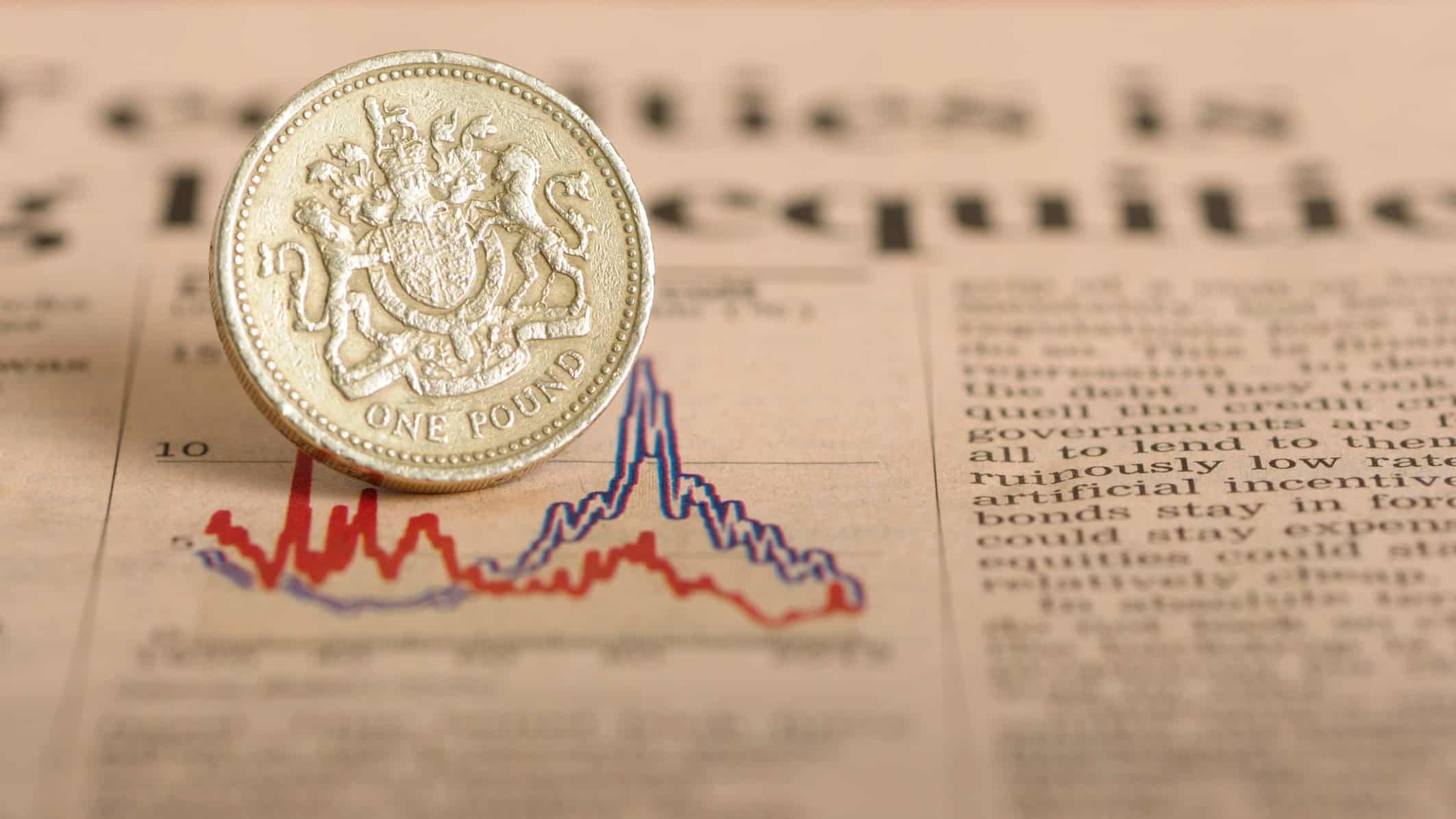
Image source: Getty Images
It has been a record-breaking week for the flagship FTSE 100 index of leading blue-chip shares. The index hit a new all-time high.
Over the past five years, the FTSE 100 has moved up by 43%. That sort of performance is impressive in my view, given the mature nature of the companies that typically make up the index. It clearly beats the five-year performance of the FTSE 250, a 25% gain.
So, might the index now be too expensive to offer the potential for long-term reward if an investor was to put money into it today?
Still competitively priced
I do not see the FTSE 100 as obviously overpriced.
In fact, on many valuation metrics, it remains markedly cheaper than the equivalent US index, the S&P 500.
Stepping back from the index itself can also help offer some perspective. Yes, it is possible to “buy the index” for example by investing in an index tracker fund. But an alternative is hunting around among the 100 member companies that make up the index and seeing whether any of them individually appear to offer better potential value.
Growing business selling for pennies
As an example, one share I think investors should consider is retailer JD Sports (LSE: JD).
While the FTSE 100 has gone up 43% during the past five years, it would have done even better had not JD Sports done so poorly in that period. The JD Sports share price has fallen 35% over that timeframe. The share now sells for pennies.
So, what is wrong here that might help explain that decline?
One challenge has been weak demand for products produced by Nike, a key supplier. A series of profit warnings for the sports retailer has not helped boost City confidence.
Meanwhile there is a risk that weakening consumer demand could see revenues and profits fall. JD Sports has described the market as “volatile” and its like-for-like sales fell 2% in the first quarter compared to the prior year period.
However, it still expects overall revenue growth for the year thanks to recent acquisitions and shop openings.
With massive new shops opening, such as its biggest ever store at Manchester’s Trafford Centre, this looks to me like a company that, far from being on the ropes, remains firmly in growth mode.
Valuation looks cheap
Excluding lease liabilities, the company is debt free. Last year’s profit before tax and adjusting items was £923m.
Yet the current market capitalisation of the FTSE 100 multinational is £4.3bn. On a price-to-earnings ratio basis, that looks very cheap to me.
That does not mean that the share price will necessarily bounce back any time soon. The risks it faces remains substantial. It has often looked cheap to me over the past couple of years, but has not yet staged a big recovery.
I take the long-term approach to investing, though. On that basis, I continue to think there is potential value in JD Sports and some other individual FTSE 100 shares too.









